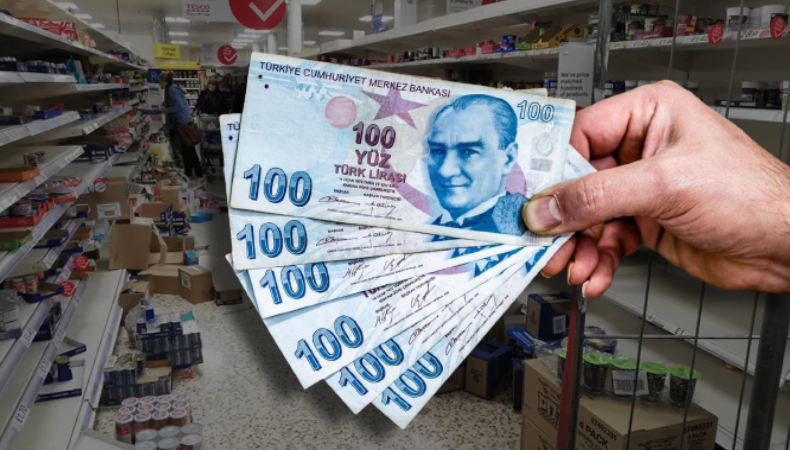Syrians Let Down By Turkish Lira Leads To Panic Purchase In Idlib


In Turkey, where Lira works, the annual inflation climbed to 21.31 per cent in November, up from 19.89 per cent in October this year. November showed the highest inflation in the last six months. Data analysis now shows that in fact, Erdogan’s strategy to control inflation has not yielded the desired effect. There has been no improvement in stabilization of prices by lowering interest rates and letting the lira sink. In fact, all those plans are backfiring.
Idlib, the last remaining stronghold controlled by forces opposed to President Bashar Al Assad, adopted the Turkish currency last year as an alternative to the Syrian pound, which plummeted significantly after 10 years of civil war. But the disappointment has been huge as people can be seen exchanging currency to make their ends meet.
Commodities that are foreign in origins are already selling higher than a desired price in Syria. The Lira has fallen literally 20 percent of its dollar value since the beginning of the year. The use of the Turkish Lira has a two-pronged strategy for Syrians- first, a mark of gratitude for Turkey after its intervention in the “liberated areas” and second because the Syrian currency had actually become worthless.
All employees in the self-declared government in Idlib take their salaries in Turkish lira, including HTC fighters. The average monthly salary bracket is around 500-800 liras ($37-59).
The rise in prices is fuelling panic buying, locals say, an act that can further drive up prices and make essential goods a rarity. “In Idlib, the authorities are facing a major drive-in inflation, small businesses are struggling to temper fluctuating product prices and import costs and its citizens will face high prices for fuel, food (particularly wheat) and other basic services and products,” Caroline Rose, a senior analyst and head of the Power Vacuums programme in the human security unit at the Newlines Institute.
Syrian lots are indeed divided between Turkey and Lebanon too. Their economy can been seen already closely intertwined with the Lebanese economy and banking system, something that has induced further economic strain in the country, hitting business activity, spending patterns, food security and financial conditions heavily.




